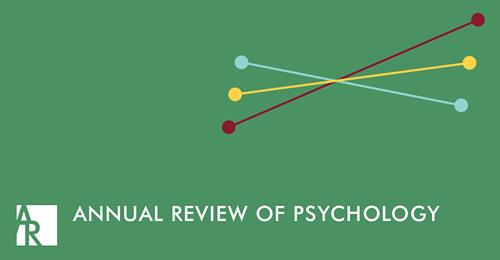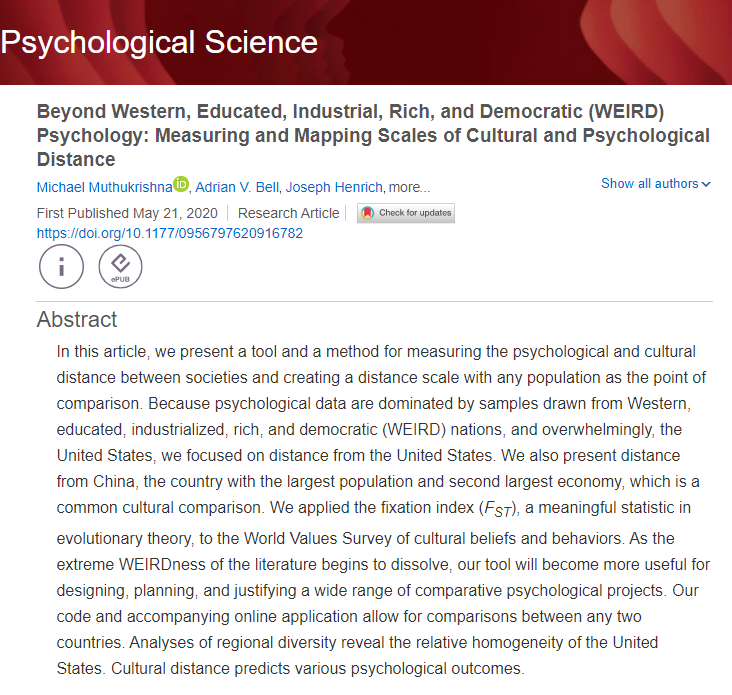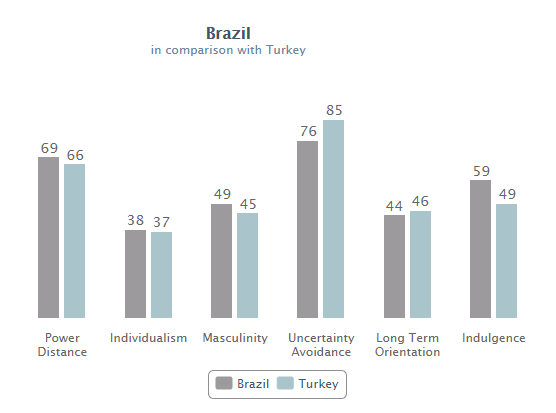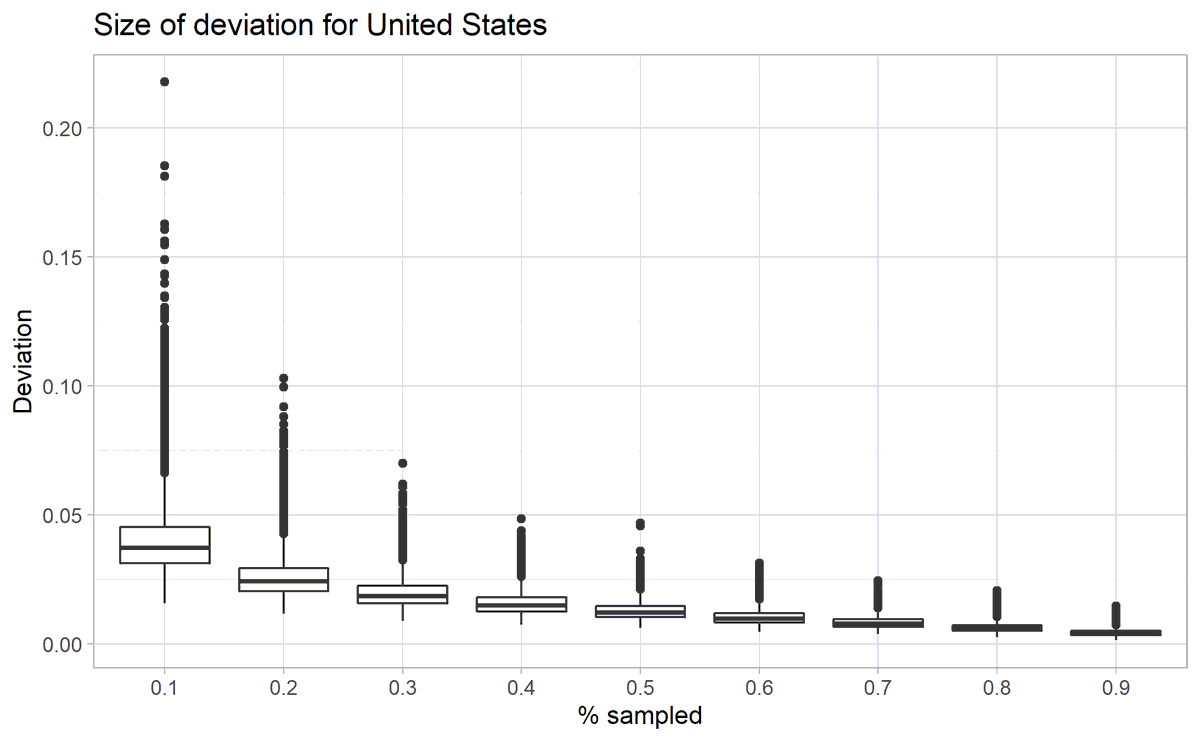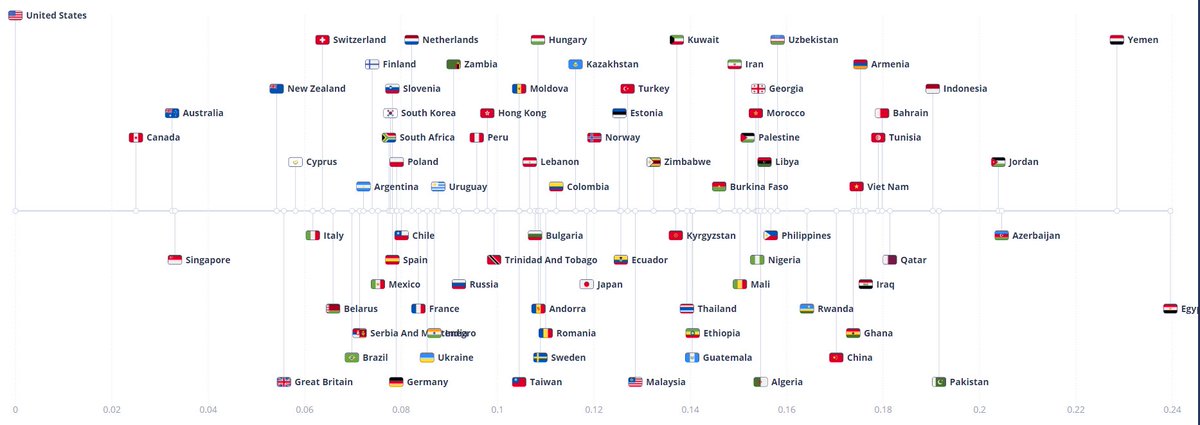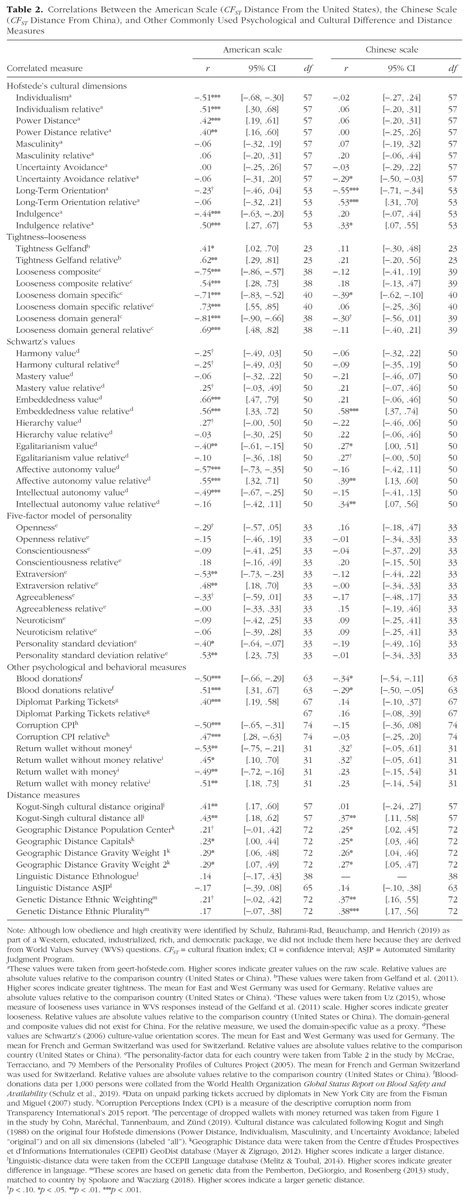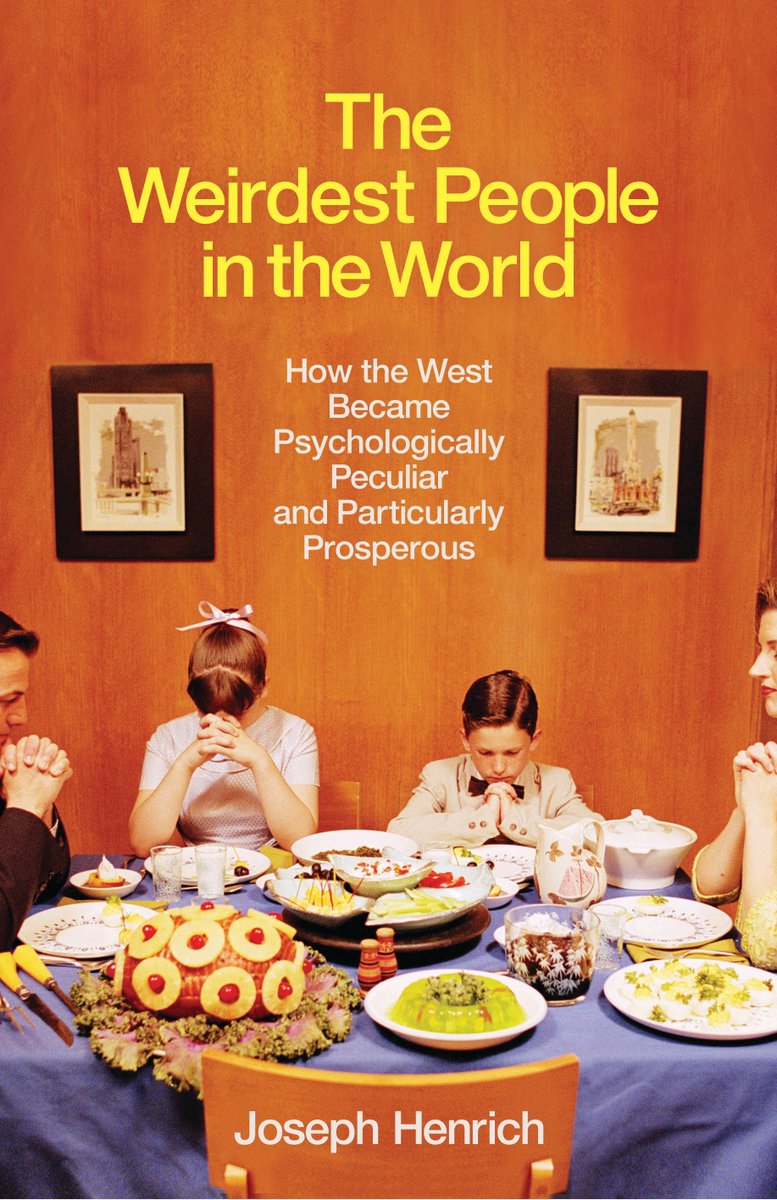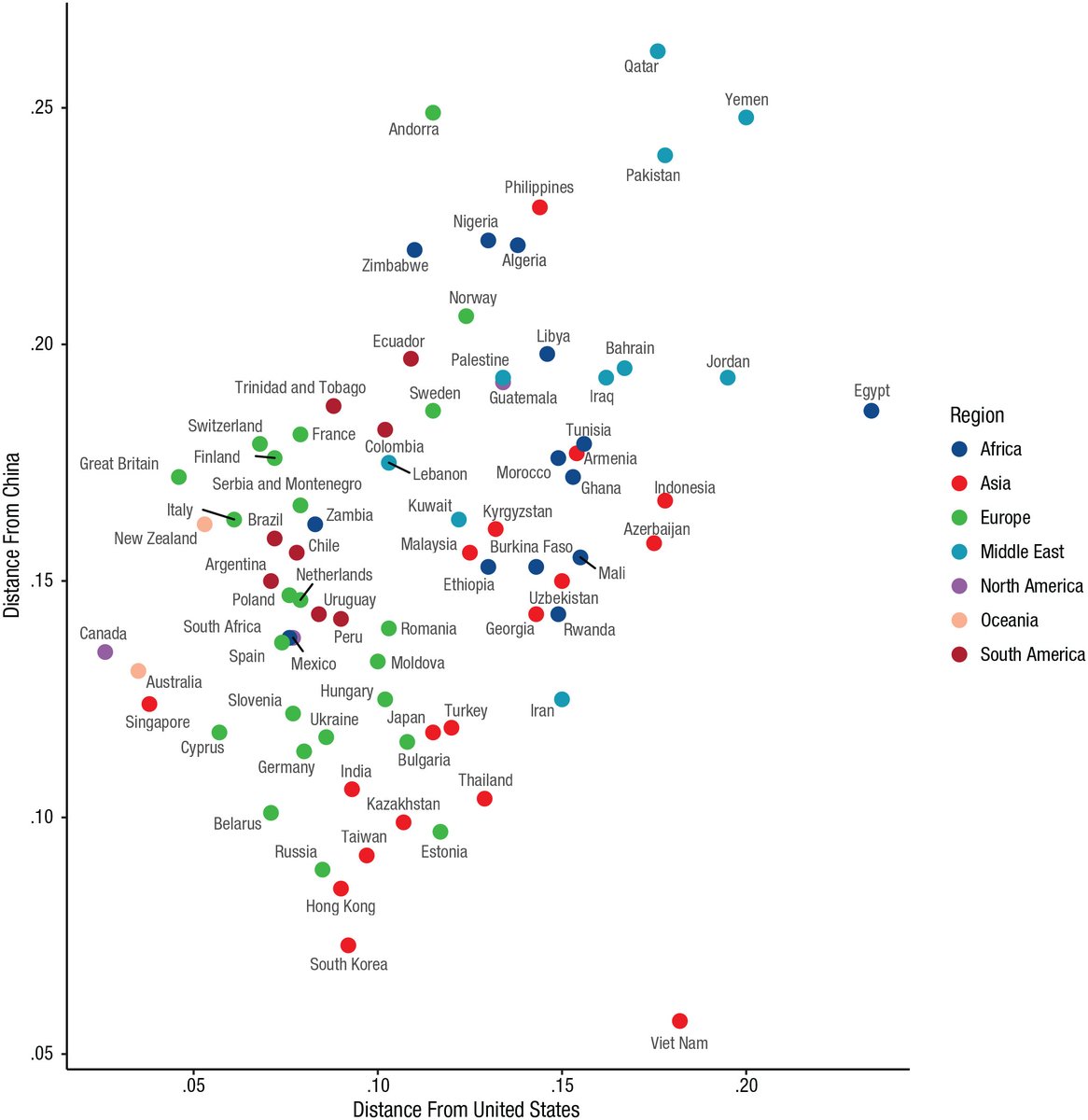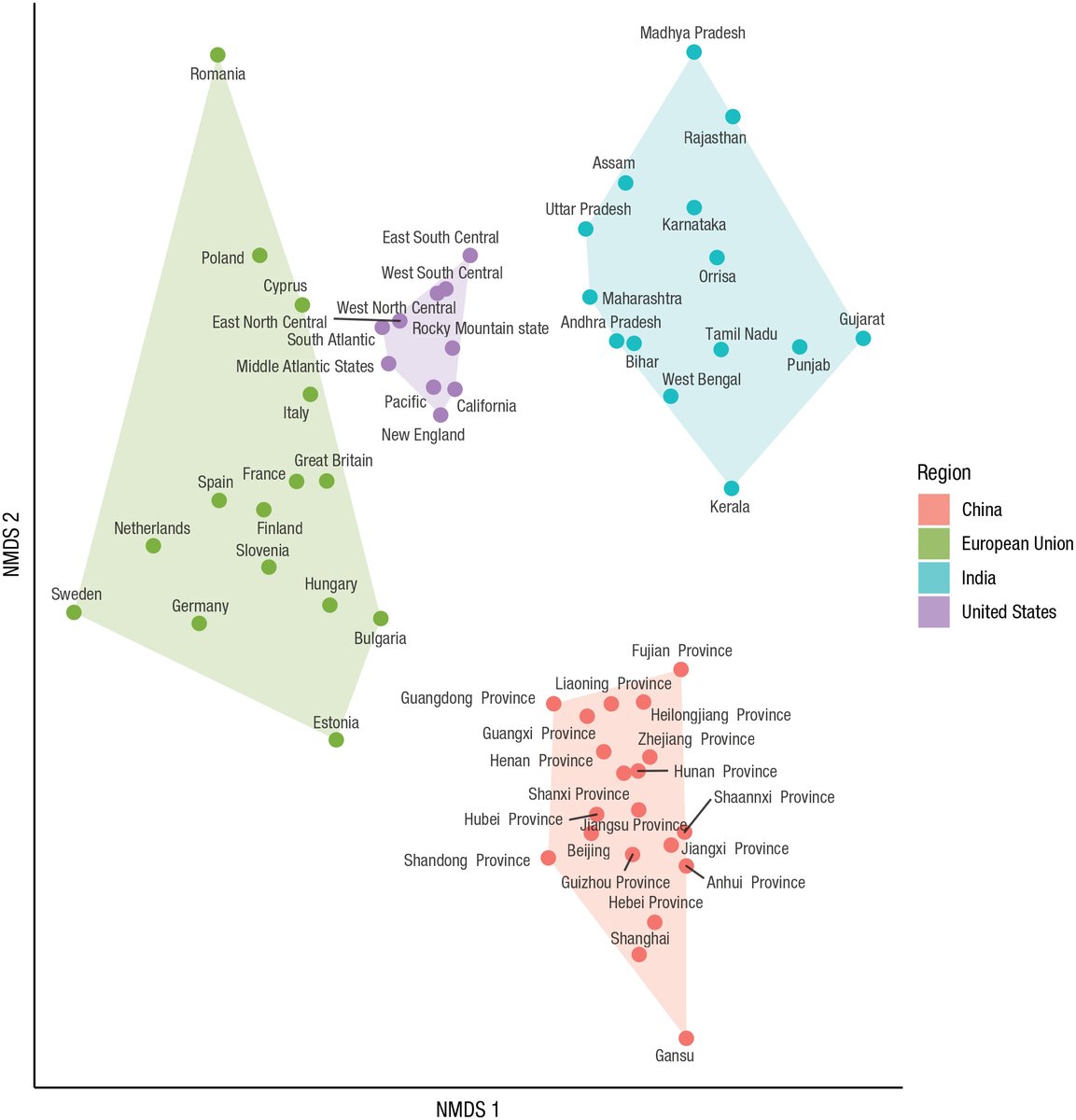Summary from Twitter thread:

New paper on “Psychology as a historical science” in Annual Review of Psychology. Catalyzing the field of “historical psychology” by reviewing work on: origins of psychology and institutions today, psychology of the past (data from dead minds).
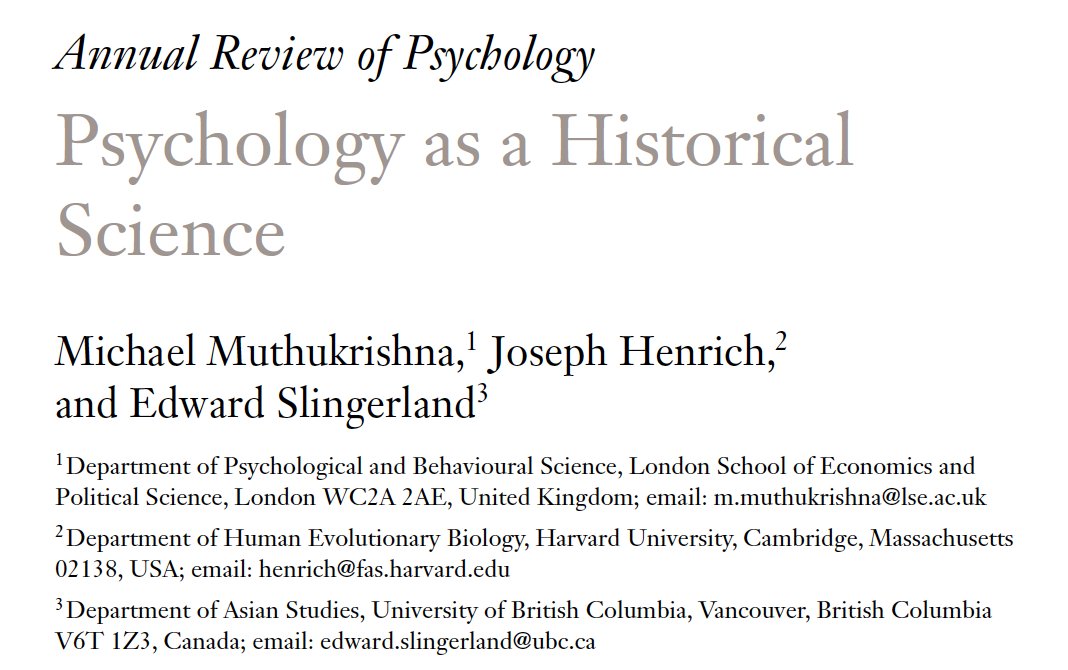
Our psychology is shaped by our societies, and our societies are shaped by their histories. We can do better than butterfly collecting–just measuring cross-cultural diffs. For psychology to develop a full theory of human behavior, we need historical psychology.
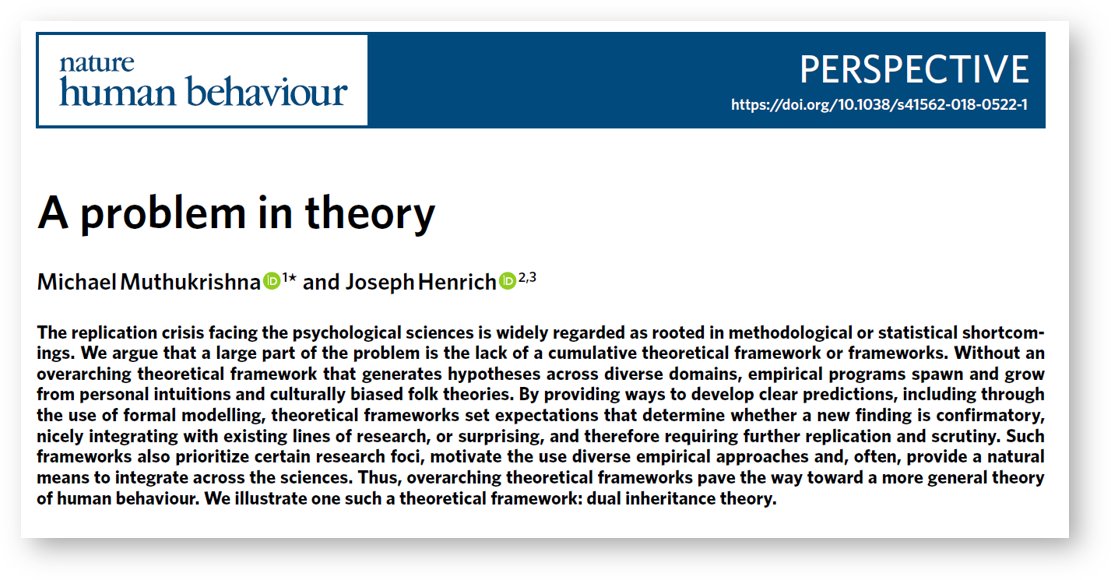
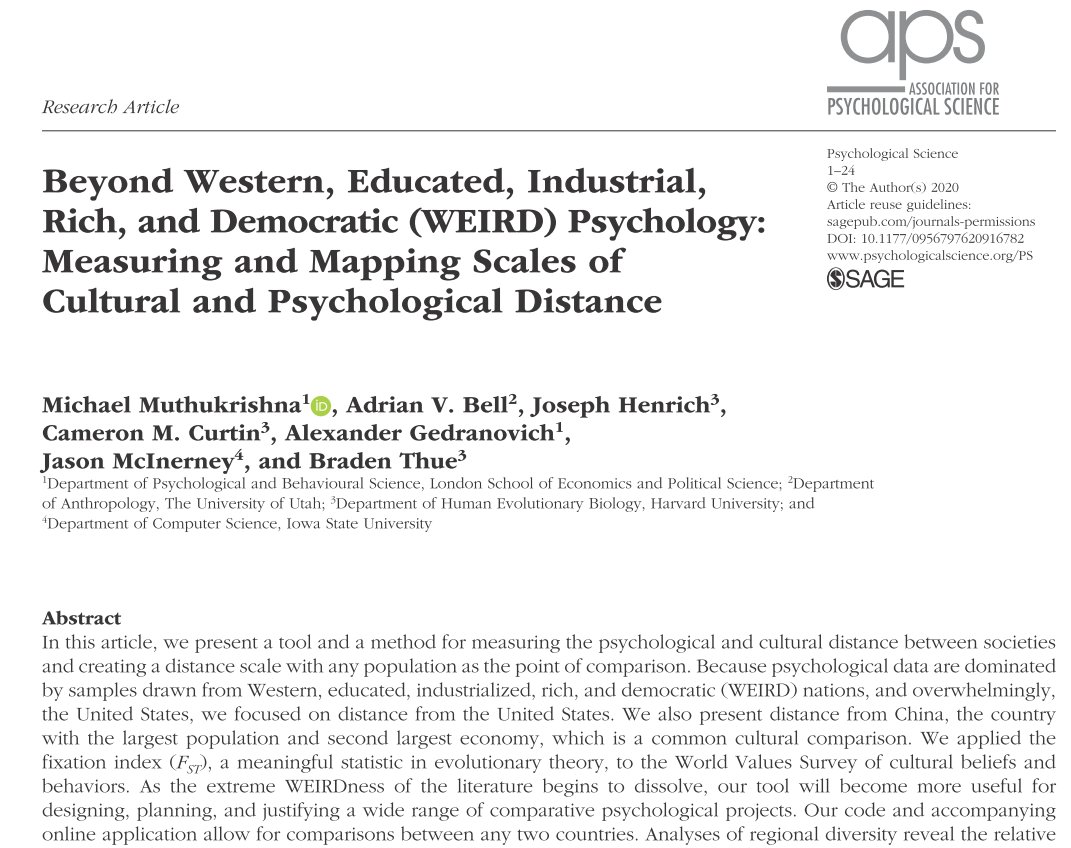
Psychology is shaped by millions of years of genetic evolution, thousands of years of cultural evolution, & a short lifetime of experience; yet, much of the field has focused on that short lifetime of experience. The WEIRD People Problem is not only about geography but history.
Past societies can be as culturally distant as distant societies. Cohort effects are a sliver of the cross-temporal variation we would expect in a culturally evolving species. History serves as a kind of psychological fossil record, a source of “data from dead minds”.
We (1) review work in historical psychology; (2) introduce methods including causal inference & how to extract data from dead minds; (3) explore the role of theory in mapping history to psychology; and (4) provide some conclusions concerning the future of this field.
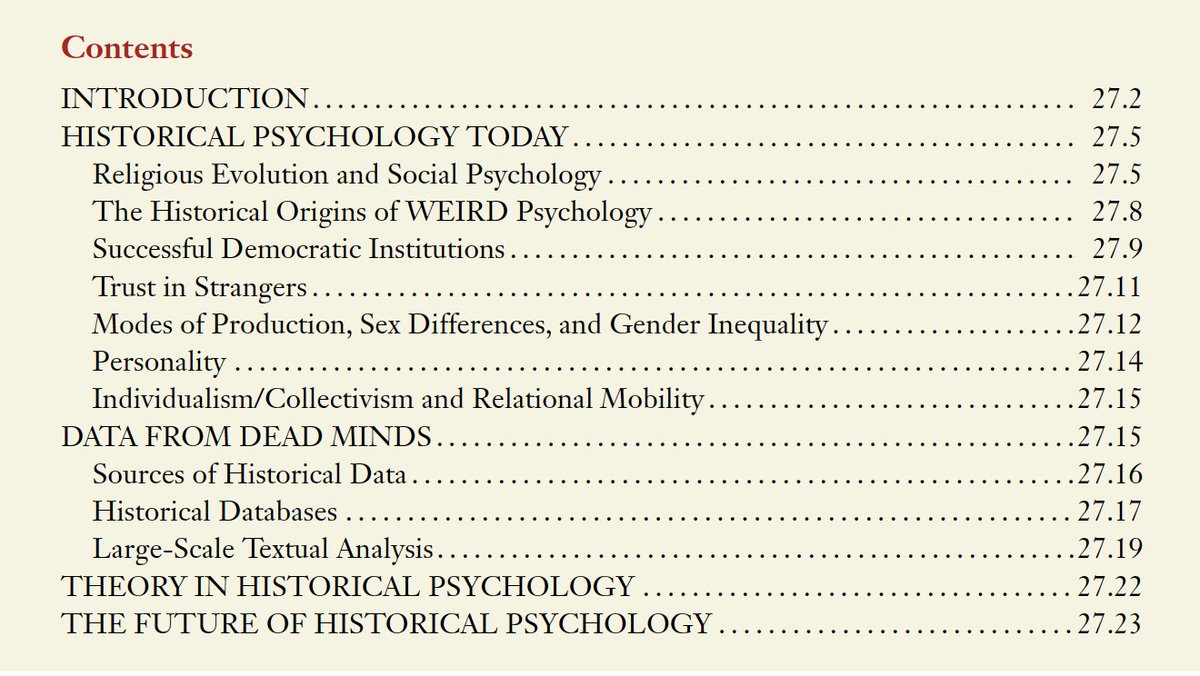
E.g.s: Religious evolution & social psych. Some gods gained the ability to see into hearts & control an afterlife contingent on compliance. In many large-scale societies, these gods became omniscient, omnipotent, & omnibenevolent, coevolving with the scale of their societies.
This historical theory makes predictions not only about expected relationships in the historical record but also about expected contemporary cross-cultural diversity in religious beliefs and cognition. In doing so, the theory links historical psychology to cultural psychology.
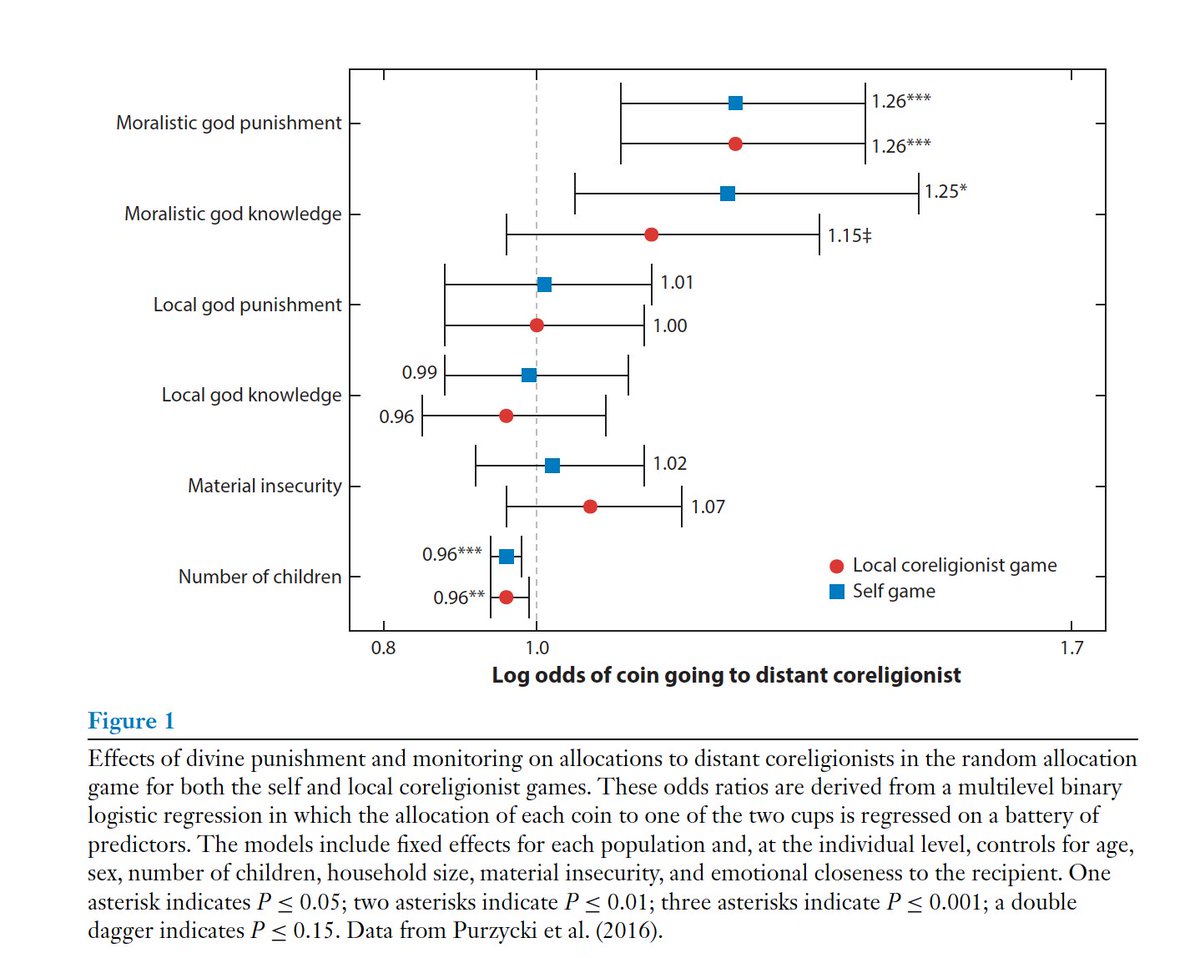
WEIRD Psychology may have its origins in suppressing kin networks, changing family structures, & related via one particular religion: The Catholic Church
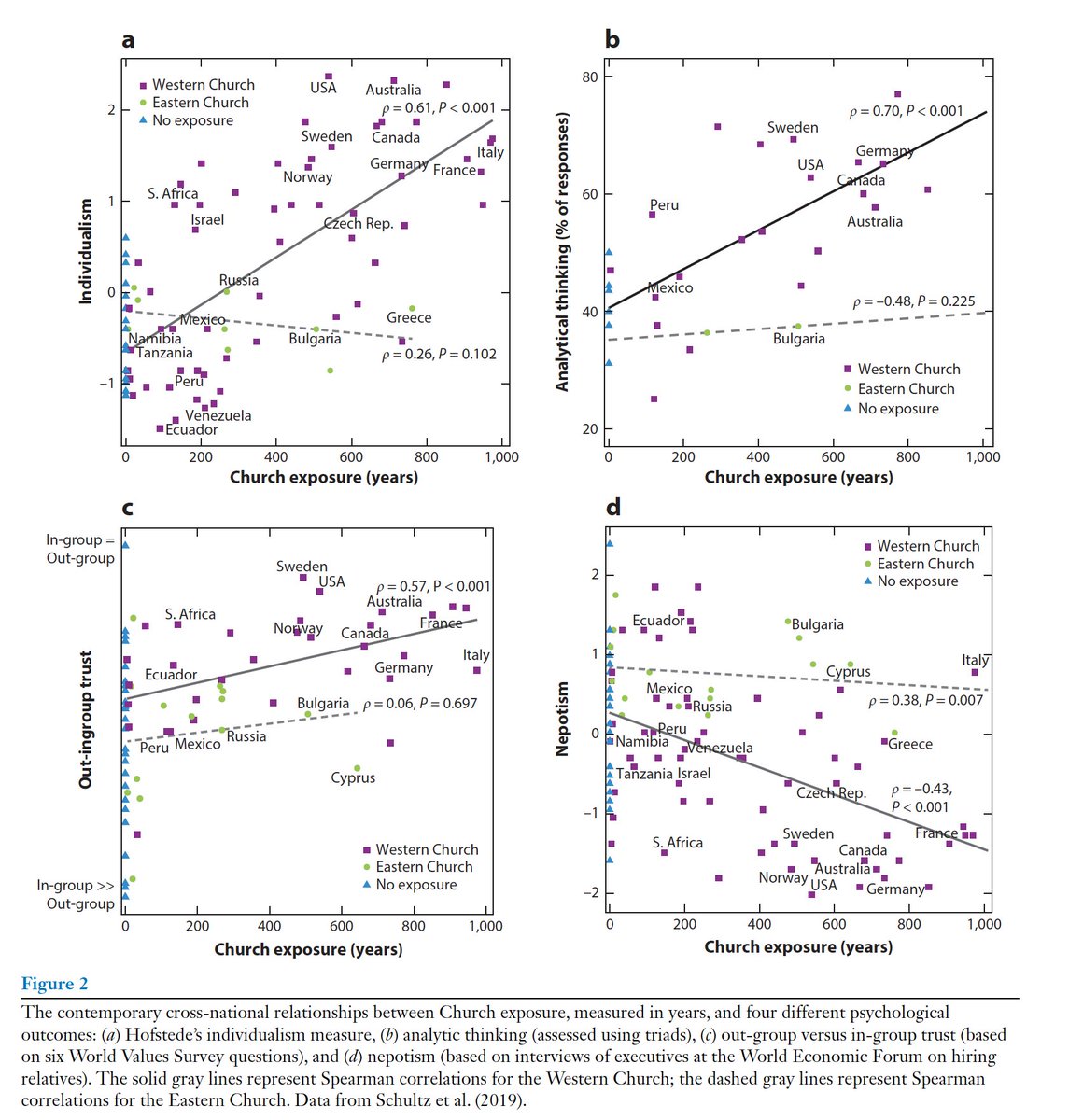
Institutions rest on invisible cultural and psychological pillars. E.g. a constitution’s proclamations are irrelevant without a belief in the rule of law, or norms of punishment for violations of this rule.

We discuss the importance of causal inference techniques in historical psychology: instrumental variables, difference-in-differences, regression discontinuity. Some e.g. use for slavery & trust in strangers; agriculture & sex diff, gender inequality, collectivism; personality.
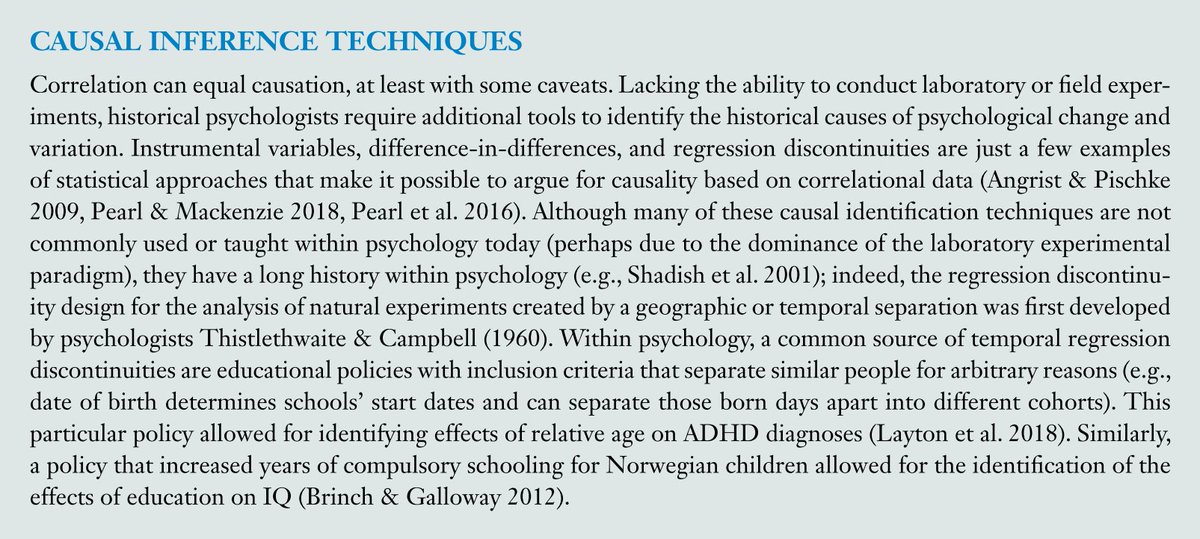
Historical psychology includes the psychology of the past – data from dead minds, cognitive archeology. Historical databases are emerging. But sometimes the data is qualitative requiring tools like text analysis.
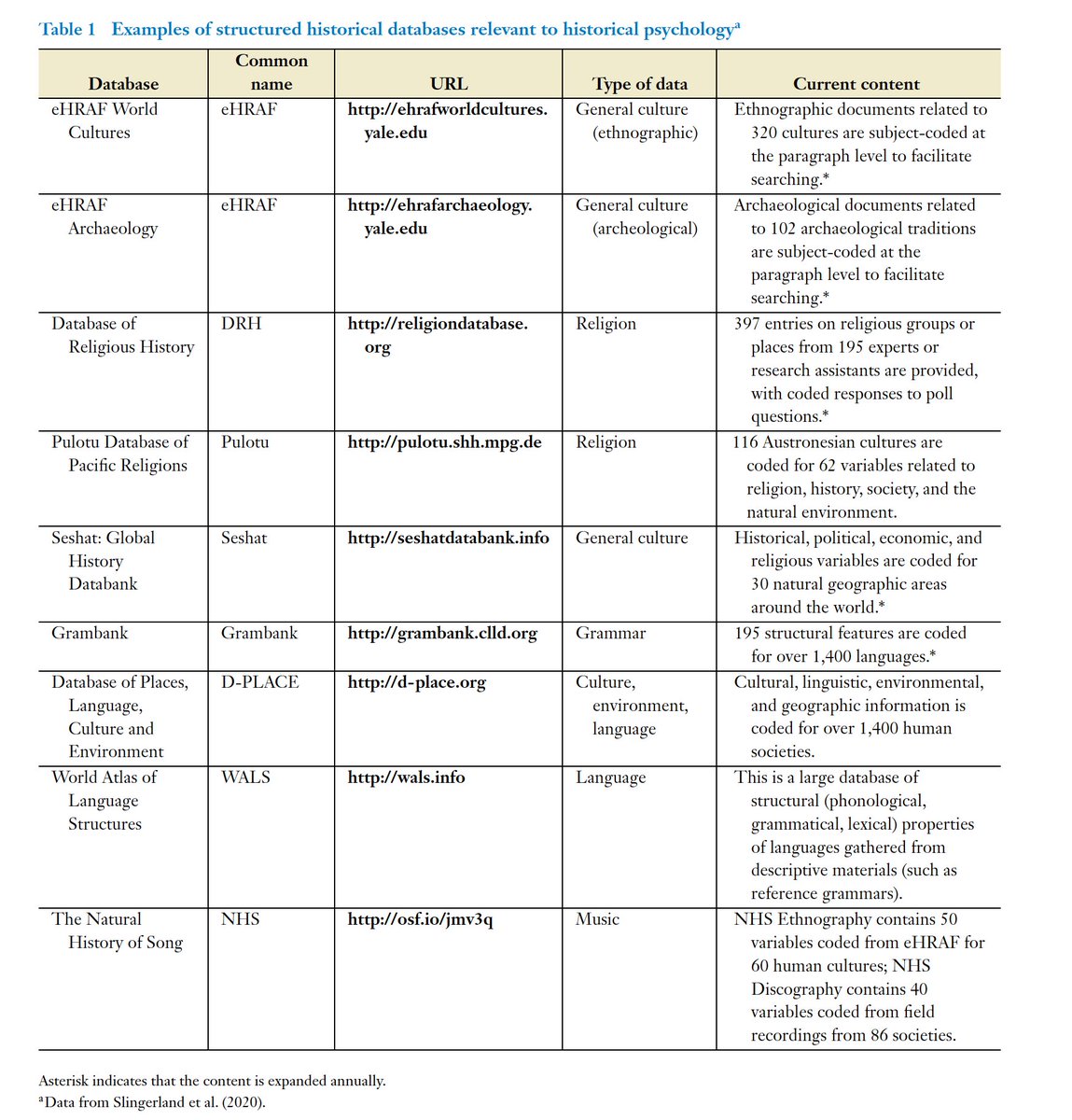
We discuss some examples of the importance of theory. A society has codependent norms, values, beliefs, behaviors, and institutions. If one takes an exploratory approach and looks for correlations in history, there are many to be found. Theory helps clarify causality.
Collaboration between psychologists, historians, and other humanities scholars is important (see religiondatabase.org for an e.g.). We discuss challenges & strategies.
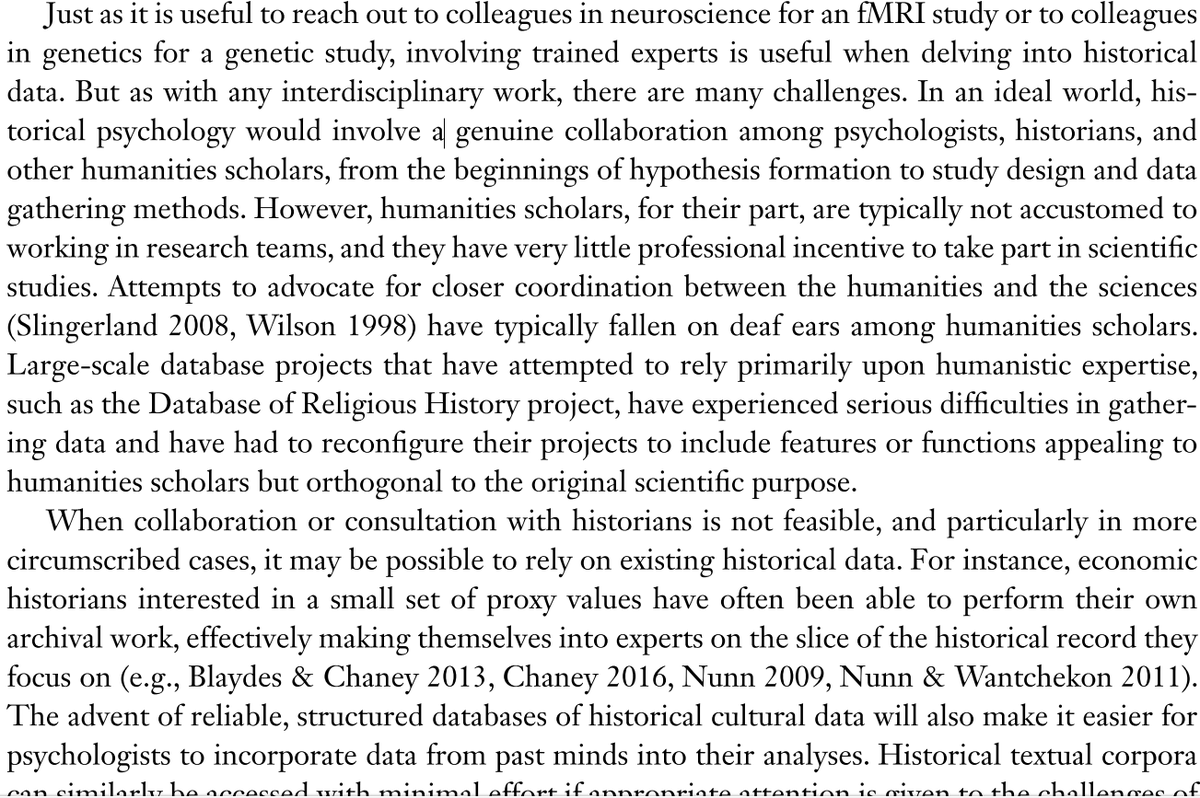
Taking history seriously is a critical part of moving beyond the WEIRD people problem and making psychology a genuinely universal science of human cognition and behavior.








